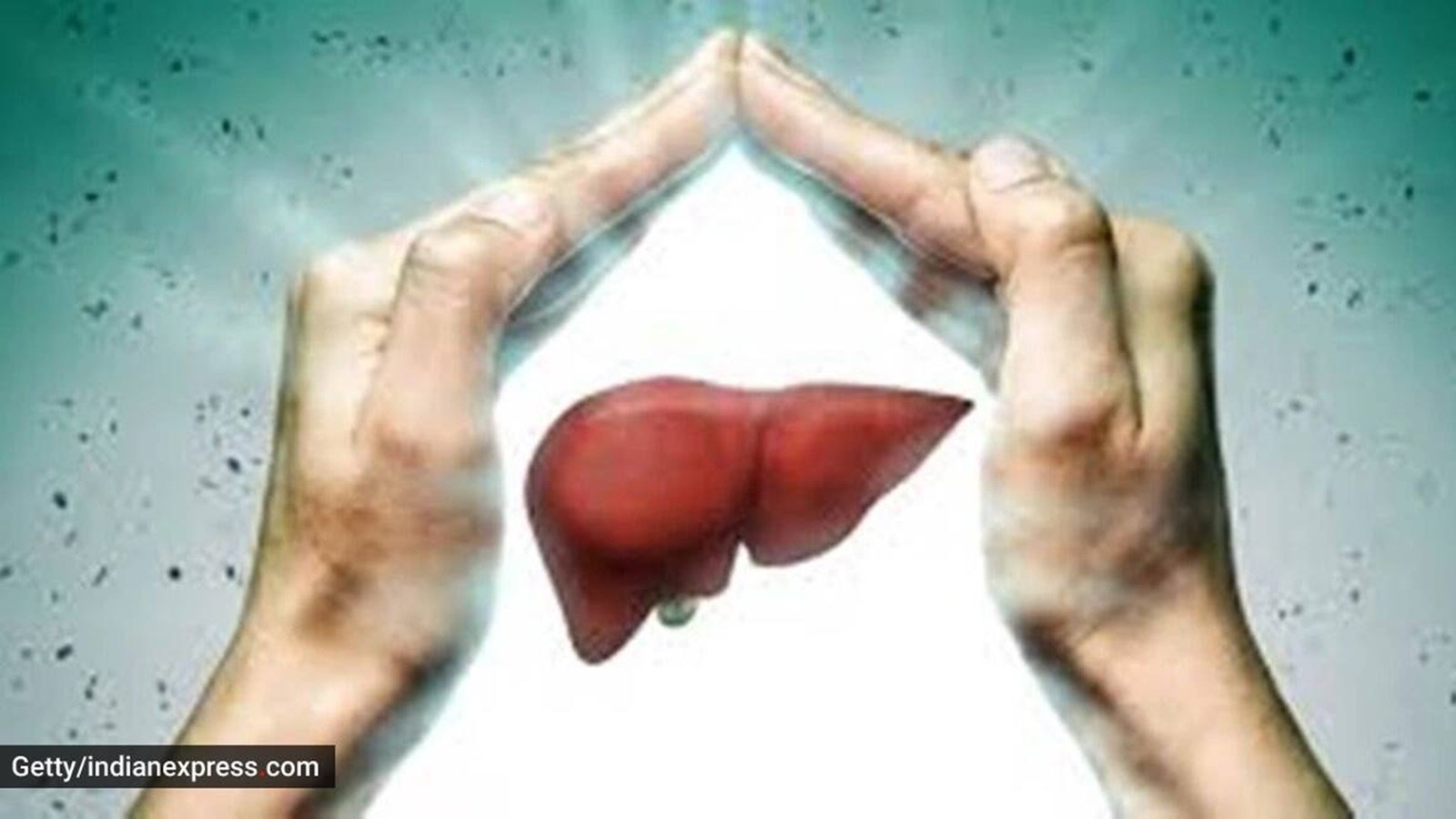Experts highlight the effects of intermittent fasting on the body


Intermittent fasting (IF) has gained popularity for its potential benefits, including weight loss and improved metabolic health. However, concerns about its impact on the liver, a vital organ responsible for detoxification, metabolism, and digestion, and the heart are often not discussed.
Stating that intermittent fasting is a Western concept, Dr Shiv Kumar Sarin, gastroenterologist, the Institute of Liver and Biliary Sciences, told ANI, “IF requires you to eat in a particular window and to fast for 14 or 16 hours. That’s not a great idea. In fact, it can increase your cardiac problem.”

Dr M Sai Sudhakar, director, Cath Lab, chief interventional cardiologist, chief cardiac transplant physician, Gleneagles Hospitals, Lakdi Ka Pul, Hyderabad said intermittent fasting, while popular for its potential health benefits, can have damaging effects on the heart if not approached carefully. “Prolonged fasting periods can lead to electrolyte imbalances, particularly in potassium, magnesium, and sodium, which are crucial for maintaining proper heart function. These imbalances can result in arrhythmias, or irregular heartbeats, which can be life-threatening. Additionally, fasting can elevate cortisol levels, the body’s primary stress hormone. Chronic high levels of cortisol increase blood pressure and heart rate, placing extra strain on the cardiovascular system and heightening the risk of heart disease over time,” said Dr Sudhakar.
However, Dr Ranjan Modi, senior consultant and head, interventional cardiology, Sarvodaya Hospital, Sector-8, Faridabad said research results on intermittent fasting are mixed. “Short-term studies suggest there is greater weight loss with intermittent fasting than with regular calorie cutting. But longer studies — from six months to one year — have not all found this to be true,” Dr Modi added.
A study from the American Heart Association’s Epidemiology and Prevention noted that restricting eating times to fewer than eight hours a day may be linked to a higher risk of dying of heart disease. “But a review of studies on intermittent fasting found that the weight and blood sugar changes reported were small. More research is needed to see whether regular fasting can reduce the risk of heart disease,” said Dr Modi.
Further, Dr Rajiv Kovil, head of diabetology, Zandra Healthcare and co-founder of Rang De Neela initiative said the liver is responsible for vital functions like aiding digestion, metabolism, detoxification, regulating hormones, and storing essential nutrients. “Non-alcoholic fatty liver disease (NAFLD) or fatty liver (steatosis) occurs when the fat starts to accumulate around your liver cells by slowing the process of breaking down fat,” said Dr Kovil.
From a medical perspective, Dr Chandan Kumar K N, senior consultant hematologist and lead T, Gleneagles Hospitals, Lakdi Ka Pul, Hyderabad said intermittent fasting generally does not damage different body parts like the heart or liver in healthy individuals. “In fact, some studies suggest that IF may have protective effects on the liver by reducing fat accumulation, lowering inflammation, and improving insulin sensitivity,” said Dr Kumar, adding that it can be particularly beneficial in preventing or managing conditions like NAFLD.
 Intermittent fasting and liver health: All you need to know (Source: Getty Images/Thinkstock)
Intermittent fasting and liver health: All you need to know (Source: Getty Images/Thinkstock)
But according to a 2023 review published in Diabetes, Metabolic Syndrome and Obesity, although some studies suggest that IF may have potential benefits for NAFLD, the evidence is still “limited and inconclusive”.
However, IF could potentially stress the liver in individuals with pre-existing liver conditions, such as cirrhosis or advanced NAFLD, said Dr Kumar. “Prolonged fasting periods might lead to a drop in blood sugar levels, forcing the liver to work harder to produce glucose, which could exacerbate existing liver issues,” said Dr Kumar.
It is crucial for individuals considering intermittent fasting to consult with a healthcare professional, particularly if they have underlying health conditions, mentioned Dr Kumar. Personalised medical advice ensures that fasting practices are safe and appropriate for one’s health status, said Dr Kumar.
DISCLAIMER: This article is based on information from the public domain and/or the experts we spoke to. Always consult your health practitioner before starting any routine.






